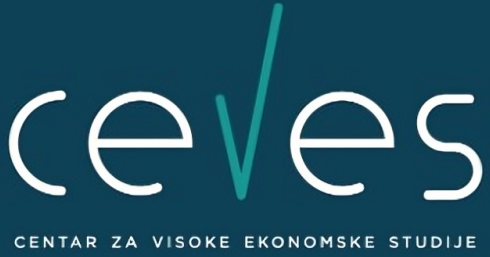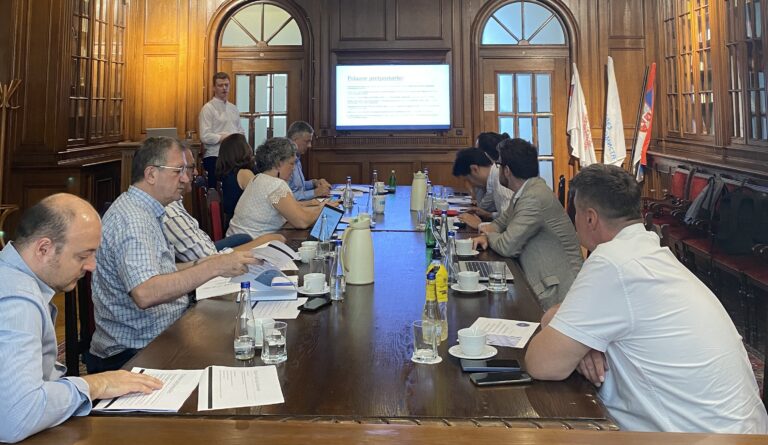Ovaj program obuhvata veliki broj tema, koje se odnose na institucionalni okvir potreban da se ostvari stabilnost državnih politika, podrška rastu, pravna sigurnost, transparentnost i socijalna uključenost. Obraća se pažnja ne samo na regulaciju i organizacionalnu strukturu nego i na to šta ljudi smatraju da institucija predstavlja.
CEVES smatra da je od najveće važnosti da se uhvati u koštac sa dva osnovna institucionalna problema:
1. Odsustvo adekvatnog državnog planiranja i računovodstvenog sistema značajno smanjuje mogućnost Srbije da pruži podršku privredi izazivajući veliku nestabilnost politika, što direktno šteti privrednom rastu.
2. Nedovršena transformacija sa društvene na privatnu svojinu utiče na ozbiljnu regulatornu nekonzistentnost i na taj način blokira sprovođenje promena i vodi lošem decentralizovanom birokratskom ponašanju prema privatnim preduzećima.












